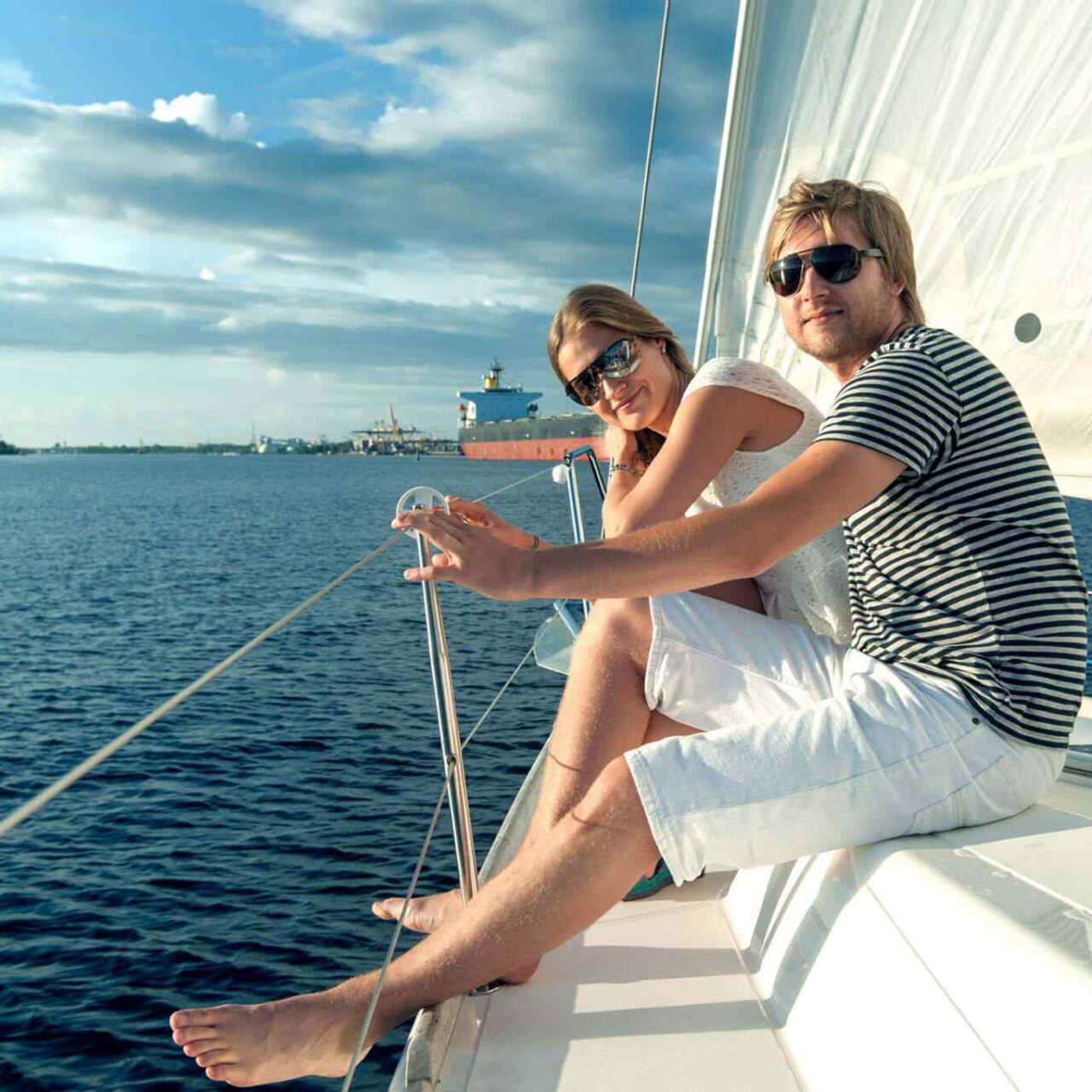


In 1964 the British government accepted one of the more daring proposals from an African nation when representatives of the Bechuanaland Protectorate travelled to the UK to seek independence from their colonial masters.
Eventually, with reluctance, the proposal was accepted and Botswana celebrated its independence on 30 September 1966 and ceased to be called the Bechuanaland Protectorate.
In the book, which was published in 2006 at the time of Botswana’s 40th anniversary, Sir Ketumile used a cartoon from the British magazine ‘Punch’ dating from 3 August 1966 to illustrate what some people thought about the handing over of independence to Botswana. The cartoon shows a malnourished and sickly child being left by a British general in a small, dry patch of land with lions and snakes lurking and ready to devour the defenceless child. The cartoonist depicted the British as being heartless and unsympathetic to leave such a vulnerable child in the middle of nowhere.
In 1965, a year before Botswana gained its independence, it was one of the world’s poorest nations. It had no tarred roads and no health or education facilities and 70 per cent of the country was covered by desert without oil or any other minerals. That is why it was deemed ‘very brave or very foolish’ for this group of Africans to be presenting a proposal to be left alone to govern themselves.
In 1964 the British government accepted one of the more daring proposals from an African nation when representatives of the Bechuanaland Protectorate travelled to the UK to seek independence from their colonial masters.
Eventually, with reluctance, the proposal was accepted and Botswana celebrated its independence on 30 September 1966 and ceased to be called the Bechuanaland Protectorate.
In the book, which was published in 2006 at the time of Botswana’s 40th anniversary, Sir Ketumile used a cartoon from the British magazine ‘Punch’ dating from 3 August 1966 to illustrate what some people thought about the handing over of independence to Botswana. The cartoon shows a malnourished and sickly child being left by a British general in a small, dry patch of land with lions and snakes lurking and ready to devour the defenceless child. The cartoonist depicted the British as being heartless and unsympathetic to leave such a vulnerable child in the middle of nowhere.
In 1965, a year before Botswana gained its independence, it was one of the world’s poorest nations. It had no tarred roads and no health or education facilities and 70 per cent of the country was covered by desert without oil or any other minerals. That is why it was deemed ‘very brave or very foolish’ for this group of Africans to be presenting a proposal to be left alone to govern themselves.


In the 1960s black people in southern Africa were still a source of free labour. They dug gold in Gauteng mines, built railways to Rhodesia and express roads in Johannesburg for white people. In Botswana, black men and women decided to build the country from scratch. In 1966, when the Union Jack was lowered and the Botswana flag was raised, the country had fewer than 10 km of tarred road.
Fifty years later, however, the small child has grown to be the most admired in the whole continent of African. The lurking lions that were about to have it for lunch are now the country’s main tourist attraction and one of its largest sources of revenue.
Botswana has been called ‘a model of democracy’ because of its stability and consistent record of uninterrupted and peaceful elections.
The country has never suffered political unrest despite being a front-line state during political turmoil in the region.

Botswana has successfully avoided the African scourge of ‘resource curse’. The diamonds that were miraculously discovered after independence have been used efficiently for development, bringing benefits to the whole nation – in contrast with other places in Africa where such natural resources have led to conflict.
From being one of the world’s poorest nations – with a GDP per capita of about US$ 70 per year in the late 1960s – Botswana has transformed itself into one of the world’s fastest-growing economies. The nation has enjoyed a sustained economic growth, mainly from minerals and tourism. Today, as it gears up for its 50th anniversary of independence, Botswana can boast a GDP per capita of US$ 18,825 per year.
In September, with 2 million Batswana shouting the national motto, ‘Pula’ (‘Let there be rain’), there are many reasons for this miracle country to celebrate.
Botswana has successfully avoided the African scourge of ‘resource curse’. The diamonds that were miraculously discovered after independence have been used efficiently for development, bringing benefits to the whole nation – in contrast with other places in Africa where such natural resources have led to conflict.
From being one of the world’s poorest nations – with a GDP per capita of about US$ 70 per year in the late 1960s – Botswana has transformed itself into one of the world’s fastest-growing economies. The nation has enjoyed a sustained economic growth, mainly from minerals and tourism. Today, as it gears up for its 50th anniversary of independence, Botswana can boast a GDP per capita of US$ 18,825 per year.
In September, with 2 million Batswana shouting the national motto, ‘Pula’ (‘Let there be rain’), there are many reasons for this miracle country to celebrate.
